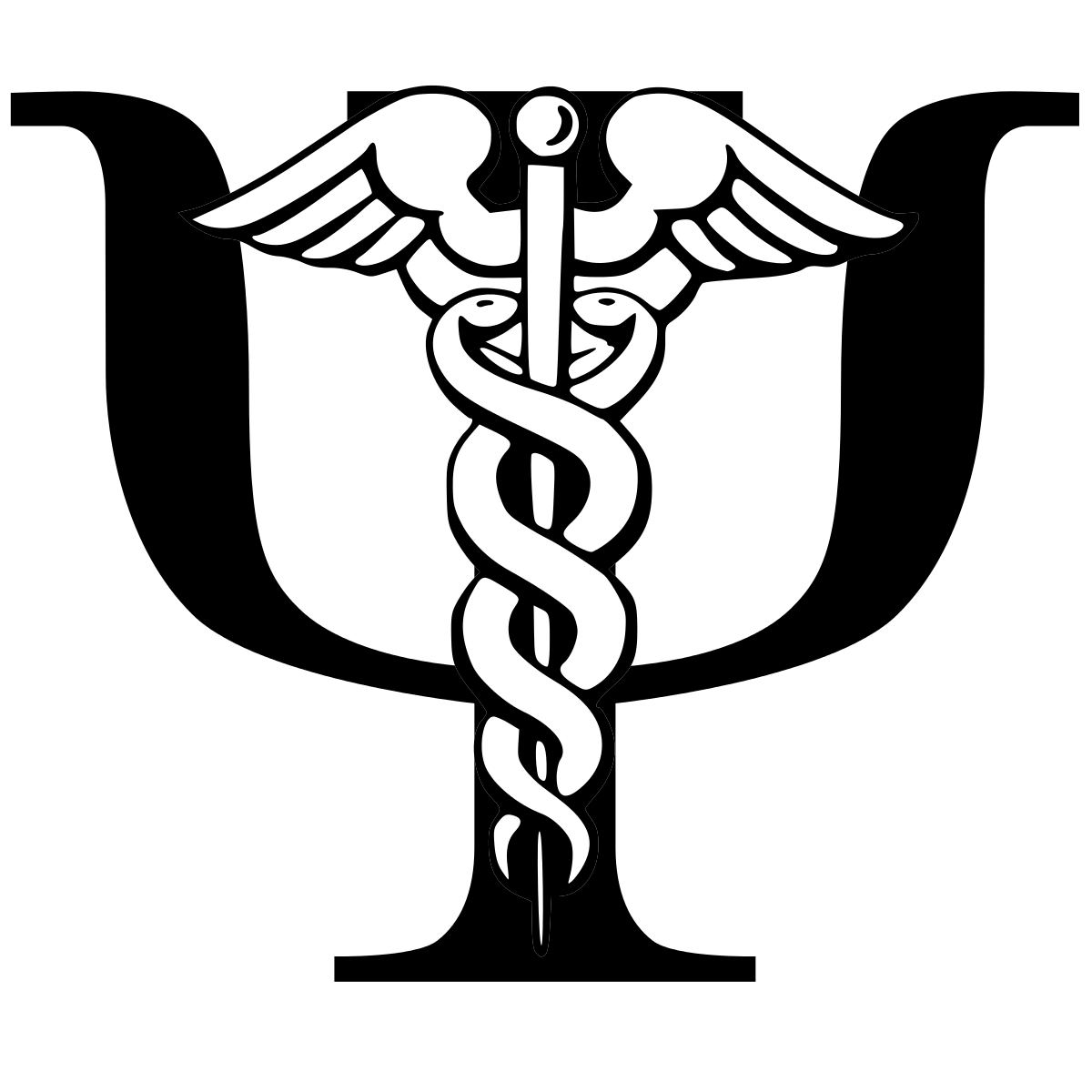m (Added message box.) Tag: Visual edit |
(Moved scientific review and anti-psychiatry bias to Criticisms of Psychiatry page.) |
||
| Line 2: | Line 2: | ||
{{Message box|text=This article may contain unsourced claims, harmful misinformation, and excessive bias. Do not take the information presented here uncritically.|image=Warning icon.png}} | {{Message box|text=This article may contain unsourced claims, harmful misinformation, and excessive bias. Do not take the information presented here uncritically.|image=Warning icon.png}} | ||
'''Psychiatry''' is a | '''Psychiatry''' is a field based on the idea of mental disorders (or mental illness). | ||
Psychiatrists are licensed persons that have the ability to diagnose people with mental disorders and prescribe drugs for treatment of mental disorders. | Psychiatrists are licensed persons that have the ability to diagnose people with mental disorders and prescribe drugs for treatment of mental disorders. | ||
| Line 18: | Line 18: | ||
The first version of the [[Diagnostic and Statistical Manual]] (DSM) was formed in 1952 by the [[American Psychiatric Association]]. | The first version of the [[Diagnostic and Statistical Manual]] (DSM) was formed in 1952 by the [[American Psychiatric Association]]. | ||
==Reputation== | ==Reputation== | ||
Psychiatry is | Psychiatry is treated as a medical specialty by Western governments, psychiatrist institutions, and pharmaceutical companies. | ||
Conversely, Psychiatry is denounced as a psuedoscience by [[anti-psychiatry]] advocates and physicians, such as Peter Gøtzsche.<ref>{{Citation|title=Deadly Psychiatry and Organised Denial|author=Peter C. Gøtzsche|year=2015|publisher=People's Press|isbn=978-87-7159-623-6}}</ref><ref>{{Citation|author=Peter C. Gøtzsche|publisher=Taylor & Francis|year=2013|isbn=9781846198847|title=Deadly Medicines and Organised Crime: How Big Pharma Has Corrupted Healthcare }}</ref> | |||
===Connections to the Pharmacy Industry=== | ===Connections to the Pharmacy Industry=== | ||
| Line 60: | Line 29: | ||
Psychiatry is highly connected to the pharmaceutical industry. | Psychiatry is highly connected to the pharmaceutical industry. | ||
In 2008 APA was the focus of congressional investigations on how pharmaceutical industry money shapes the practices of nonprofit organizations that purport to be independent. The drug industry accounted in 2006 for about 30 percent of the association's $62.5 million in financing, half through drug advertisements in its journals and meeting exhibits, and the other half sponsoring fellowships, conferences and industry symposiums at its annual meeting.<ref>{{News citation|url=https://www.nytimes.com/2008/07/12/washington/12psych.html|title=Psychiatric Group Faces Scrutiny Over Drug Industry Ties|newspaper=The New York Times|author=Benedict Carey, Gardiner Harris|date=2008-07-12}}</ref> | |||
=References= | =References= | ||
<references /> | <references /> | ||
[[Category:Psychiatry]] | [[Category:Psychiatry]] | ||
Revision as of 08:18, 6 September 2022

- Not to be confused with psychology
This article may contain unsourced claims, harmful misinformation, and excessive bias. Do not take the information presented here uncritically. |
Psychiatry is a field based on the idea of mental disorders (or mental illness).
Psychiatrists are licensed persons that have the ability to diagnose people with mental disorders and prescribe drugs for treatment of mental disorders.
History
Bethlehem Royal Hospital is the first psychiatric institution formed in 1377.
Psychiatry in Nazi Germany
Psychiatry was an asset used in Nazi Germany's mass extermination of disabled people.[1]
Formation of the Diagnostic and Statistical Manual
The first version of the Diagnostic and Statistical Manual (DSM) was formed in 1952 by the American Psychiatric Association.
Reputation
Psychiatry is treated as a medical specialty by Western governments, psychiatrist institutions, and pharmaceutical companies.
Conversely, Psychiatry is denounced as a psuedoscience by anti-psychiatry advocates and physicians, such as Peter Gøtzsche.[2][3]
Connections to the Pharmacy Industry
Psychiatry is highly connected to the pharmaceutical industry.
In 2008 APA was the focus of congressional investigations on how pharmaceutical industry money shapes the practices of nonprofit organizations that purport to be independent. The drug industry accounted in 2006 for about 30 percent of the association's $62.5 million in financing, half through drug advertisements in its journals and meeting exhibits, and the other half sponsoring fellowships, conferences and industry symposiums at its annual meeting.[4]
References
- ↑ Rael D Strous. Psychiatry during the Nazi era: ethical lessons for the modern professional. Annals of General Psychiatry. doi: 10.1186/1744-859X-6-8 [HUB]
- ↑ Peter C. Gøtzsche (2015). Deadly Psychiatry and Organised Denial. People's Press. ISBN 978-87-7159-623-6
- ↑ Peter C. Gøtzsche (2013). Deadly Medicines and Organised Crime: How Big Pharma Has Corrupted Healthcare. Taylor & Francis. ISBN 9781846198847
- ↑ Benedict Carey, Gardiner Harris (2008-07-12). "Psychiatric Group Faces Scrutiny Over Drug Industry Ties" The New York Times.